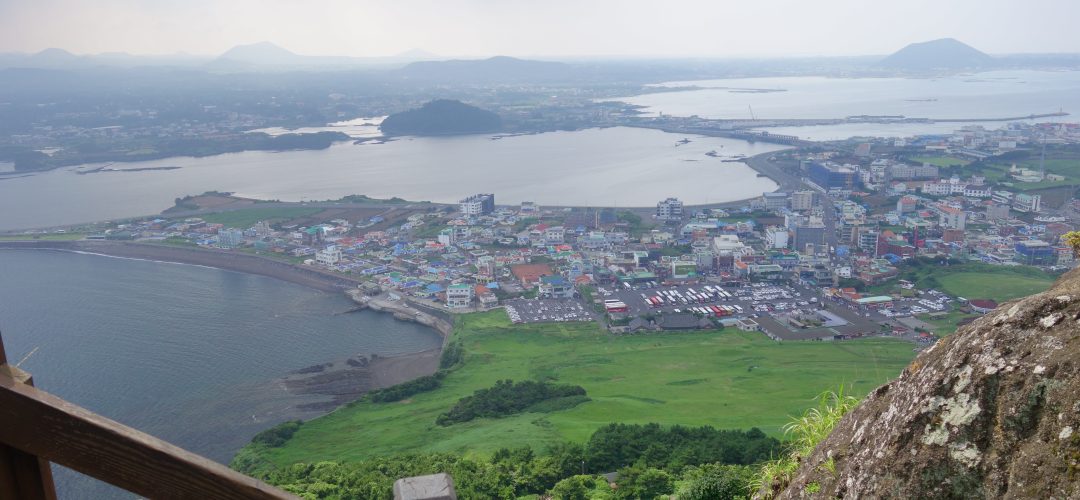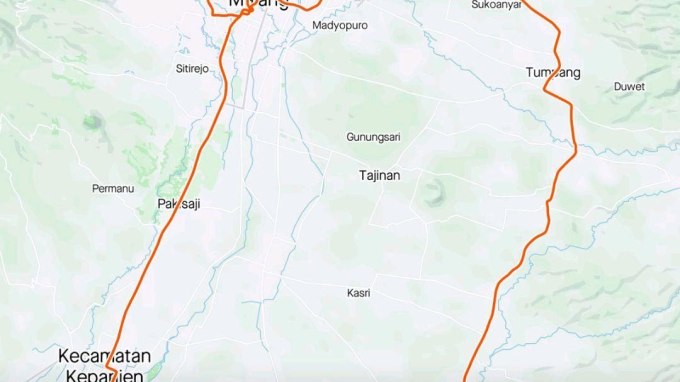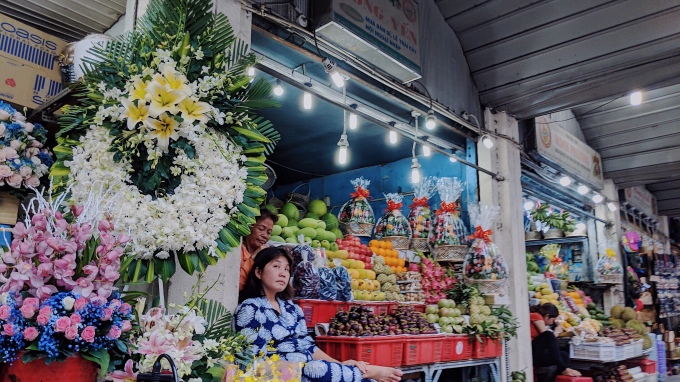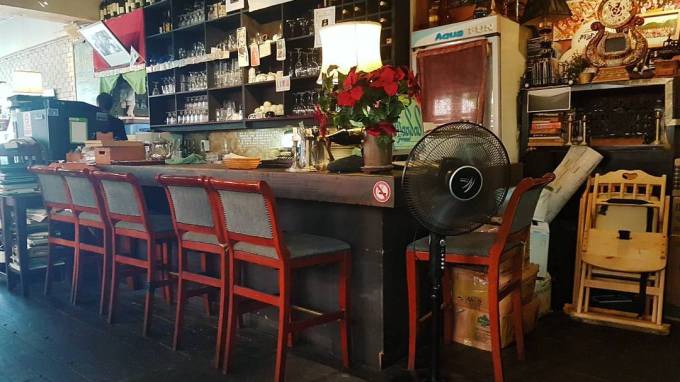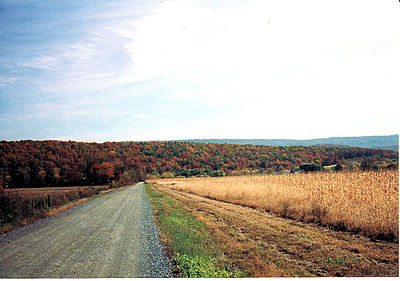Satu hal yang aku temukan akhir-akhir ini adalah bahwa sebuah instansi yang kelihatannya “sempurna” dari luar, ternyata jika dilihat dari dalam akan kelihatan kalau “kesempurnaan” itu ternyata hanya tambal-sulam, campur-aduk, dan seringkali mereka sendiri tak bisa menjelaskan kenapa semua bisa berjalan sebaik yang kelihatan.
Contoh kasarnya: perusahaan tempatku bekerja sekarang sering berinteraksi dengan perusahaan teknologi besar seperti Facebook, Google, Apple, dan sejenisnya. Jika dilihat dari luar, perusahaan-perusahaan raksasa dengan pekerja-pekerja yang luar biasa cerdas ini terlihat sangat mengesankan. Produk-produknya tampak mentereng, fiturnya luar biasa, namanya terkenal di mana-mana. Tetapi di balik semua itu ada juga masalah-masalah besar kecil yang sepertinya tampak terlalu remeh untuk bisa terjadi.
Dan aku tidak bilang itu hal yang memalukan. Justru kurasa itu lebih mengesankan dan menghangatkan hati. Sebab, sesempurna apapun mereka kelihatannya, pada akhirnya mereka tersusun dari manusia-manusia. Dan ternyata ketika urusan sudah jatuh ke tangan manusia, tidak ada yang lepas dari kesalahan terlepas dari nama besar tempatnya bekerja atau atribut-atribut lainnya.
Dan yang melegakan buatku adalah bahwa kita yang masih jatuh bangun belajar dan mengembangkan diri sebenarnya tidak terpaut terlalu jauh dengan mereka yang karirnya sudah tinggi. Sama saja. Tidak ada programmer di dunia ini yang menulis program sekali jadi dan tidak ada masalah sama sekali. Sampai pada level tertinggi pun mereka juga sangat sering bingung ketika sebuah program tidak berjalan, dan juga ketika program yang sama mau berjalan. Orang jenius tentu ada, tetapi siapapun yang mau berusaha dan tidak menyerah, pada akhirnya akan bisa mencapai tingkat keahlian yang sama.
Karena pada akhirnya ternyata kita semua sama saja, sama-sama manusia. Tidak bisa sempurna.
Postingan lama yang terkait: Just A Bunch of People Like Us
